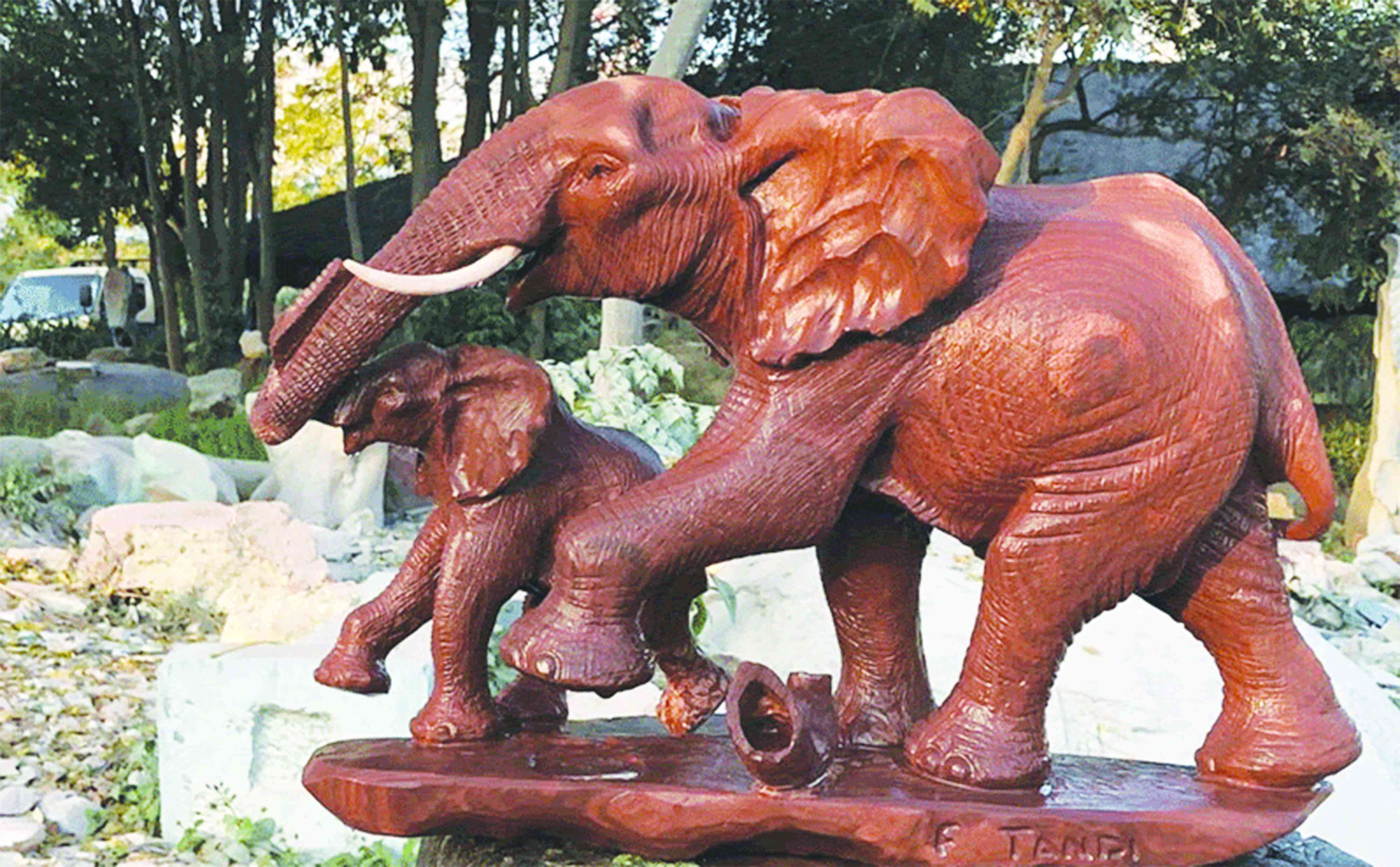
Not so long ago, there was a particularly bad traffic jam somewhere in the streets of Harare. As often happens, there was a great deal of hooting and shouting and, in some cases, some very low language was heard.
Then amid all the chaos and confusion, a lady driver behaved in a surprisingly pleasant manner.
An opening suddenly appeared in front of her and, instead of quickly driving through it, she signaled the cars on her right hand side to drive in front of and past her.
About a dozen cars did so before she finally took her turn and followed those other cars. That action actually helped ease this jam.
Just think of the situation; red hot tempers; angry words loudly exchanged; rudeness and impatience ruling the day.
It is a very ugly scene-yet, out of it all, you get to witness behaviour that is most refreshing. How would you describe this lady’s behaviour?
In all likelihood you’d say, “She’s got good manners” and you’d be right. It is much more than being good manners, though; it goes a stage further.
The best way to describe it would be . . . courtesy. Courtesy involves a superior way of treating other people; superior in the kind of thoughtfulness, consideration, politeness, unselfishness and, perhaps, even appreciation one shows. It is a great deal about respect and, therefore, does not look at what a person might be, his or her position.
- Chamisa under fire over US$120K donation
- Mavhunga puts DeMbare into Chibuku quarterfinals
- Pension funds bet on Cabora Bassa oilfields
- Councils defy govt fire tender directive
Keep Reading
Further in exercising courtesy, the fact of knowing or not knowing someone does not count. All of this was seen in that lady driver. In thinking of courtesy, close attention must be given to how one’s behaviour might affect other people.
Whatever the situation, one must aim at acting in ways that say: “You are someone of importance and, therefore, I’ll treat you with dignity.”
How, for instance, do you deal with waiters, waitresses, till operators, petrol attendants and shop assistants?
Do you say the simple, “thank you” when they have served you or you simply ignore them as if they do not exist?
When someone treats you with courtesy how does it leave you feeling?
Can you imagine then how someone feels when you extend courtesy to them?
Understand and practice courtesy and you’ll earn above all, respect. Think of that lady driver.











